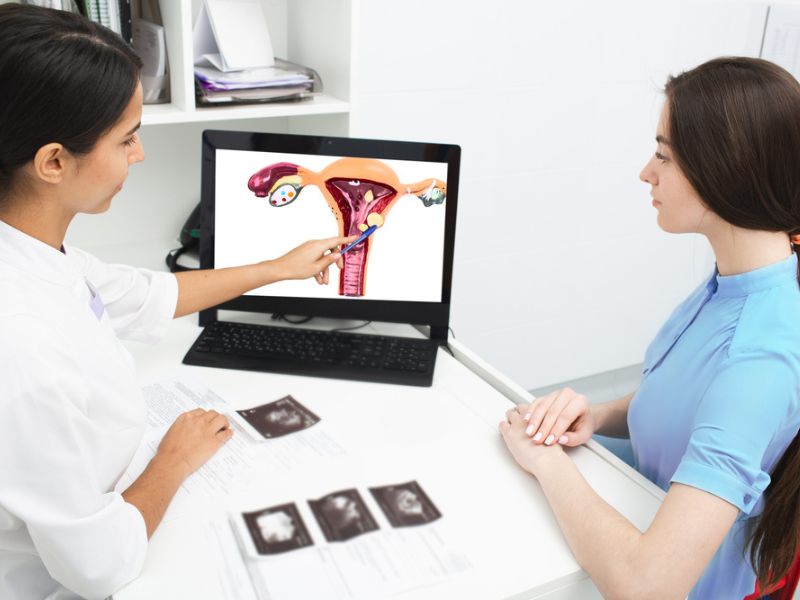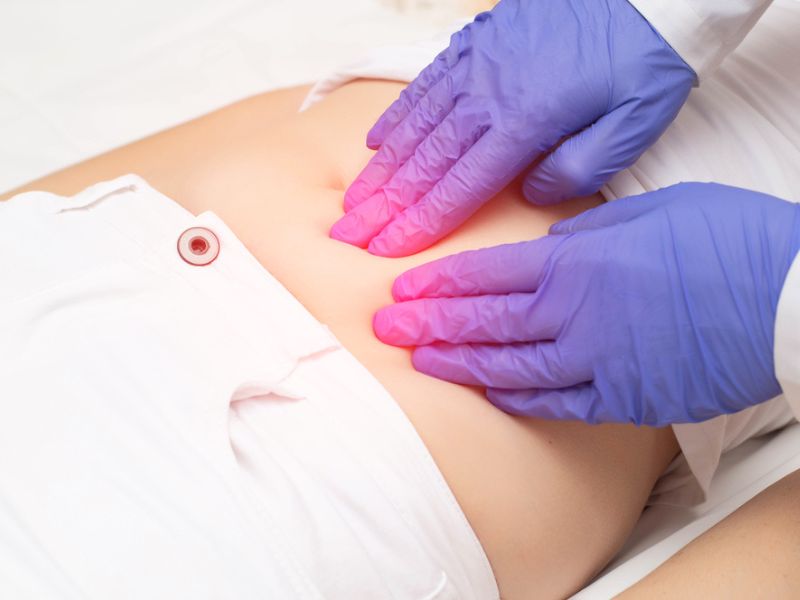It is unknown what causes uterine fibroids in approximately 80% of reproductive-aged women. It has long been suspected that genetics play a role, as do hormones, diet, and significant life stressors. According to Northwestern University researchers, women may also develop uterine fibroids from exposure to chemicals in daily life.
Chemicals found in plastic bags, medical products, and cosmetics threaten endocrine function and can cause hormone-sensitive tumors like uterine fibroids to grow. It is permitted in the United States to use these chemicals, even though they are toxic when ingested or inhaled.

Image Credit: Shutterstock/Peakstock
Studies have linked hormone-sensitive health conditions such as breast cancer and endometriosis to endocrine-disrupting chemicals. The National Academy of Sciences report, published on Monday, is the first to pinpoint how these chemicals affect hormones.
As a result of unbanned environmental pollutants and phthalates, uterine fibroids can grow by stimulating distinct molecular pathways in these tumors. Northwestern University Feinberg School of Medicine chair and Northwestern Medicine physician Serdar Bulun said.
Health Effects Of Endocrine-Disruptors
Past research has linked phthalates to uterine fibroids. Additionally, these chemicals have been linked to breast cancer, endometriosis, ovarian aging, and decreased sperm production. Despite testing for toxicity, chemicals are rarely examined for their ability to affect endocrine function.

Image Credit: Shutterstock/HenadziPechan
Should We Avoid Certain Products?
Use glass containers when possible and avoid PVC-containing products packed with phthalates, such as plastic bottles and food packaging. Make sure any food, makeup, or household products contain the ingredients you expect. Avoid toys, consumer products, and microwave-safe and phthalate-free containers.